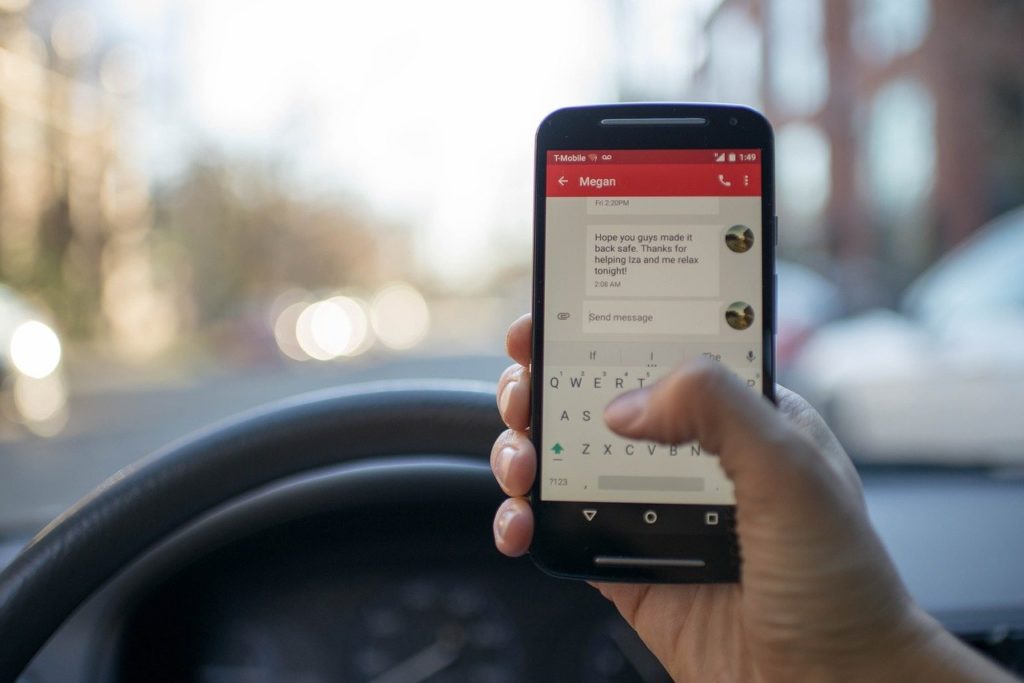
Department of Transportation statistics suggest we spend about an hour daily driving our vehicles. Of course, much of this time is spent commuting to/from work. We also know that text messaging within companies has become ubiquitous. So, this begs the question: Might employees and employers be texting each other while driving?
If the answer to the answer is “Yes”, the next question managers should ask is “Does our company have a texting while driving policy?”
If your company does not have such a policy, it should. Texting while driving is illegal in Florida. On January 1st, 2020 a tougher law goes into effect making texting-while-driving a primary offense. Essentially, this means police officers may pull-over drivers expressly for texting.
If your employees are texting each other, while at least one is driving, your company is assuming significant risk. We know this because texting while driving is extremely dangerous. In 2018 alone, nearly 5,000 deaths; more than 1,000,000 accidents; and nearly 400,000 injuries were related to cell phone related distracted driving.
If an employee is driving and texting, and the text is related to his/job, then any accident flowing from the employee’s distracted driving would, likely, be viewed as within the scope of employment. Thus, the employer would be responsible. It’s simple negligence, really. Drivers have a duty to protect others. Texting while driving breaches that duty. If injury is caused due to this breach; and the damages are those anticipated from such a breach (e.g. personal injury, property damage etc.)…your company is negligent.
Therefore, every company should have an anti-texting while driving policy that educates employees to the risks of texting while driving; prohibits the conduct;, and reinforces the illegality of the practice. Such a policy could establish best practices for how and when co-workers should communicate. At the very least, it could encourage employees to use smartphone features that block incoming messages while driving.
Rest assured, if an employee is involved in a texting while driving accident the plaintiff’s attorney will ask about your policy and training. Protect your company. Protect your employees. Protect innocent drivers, passengers and pedestrians. Make sure your company has an anti-texting policy…and enforce it. I’d be happy to draft such a policy for you. It’s not the most challenging legal exercise, but it’s among the most important. If your HR manager chooses to draft the policy, just be sure to have your lawyer inspect it to ensure it’s aligned with Florida law.
Social Media
Linkedin